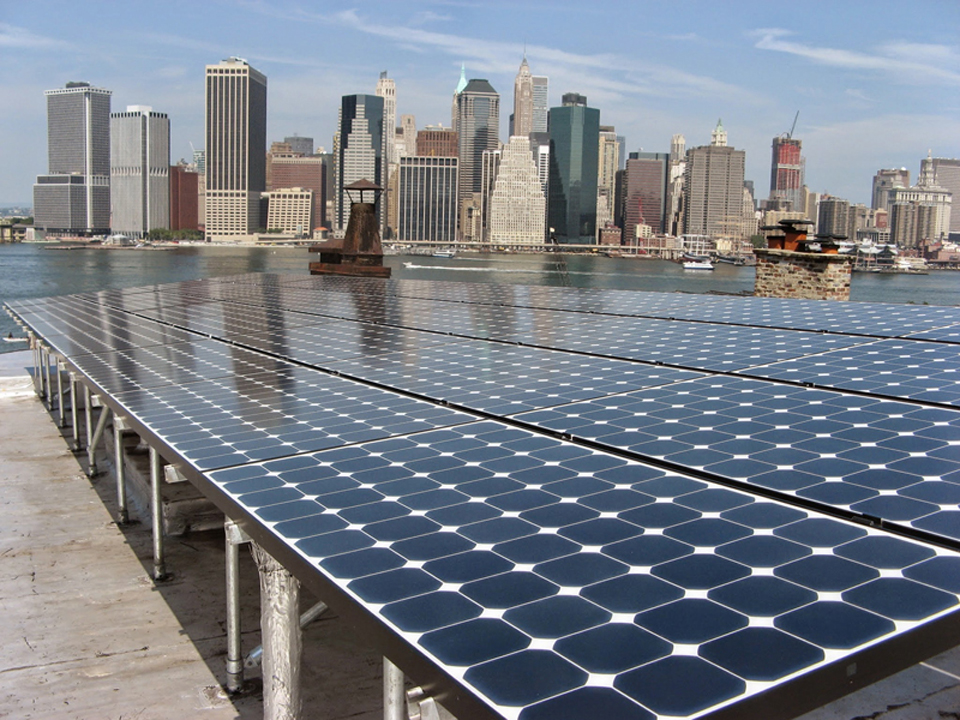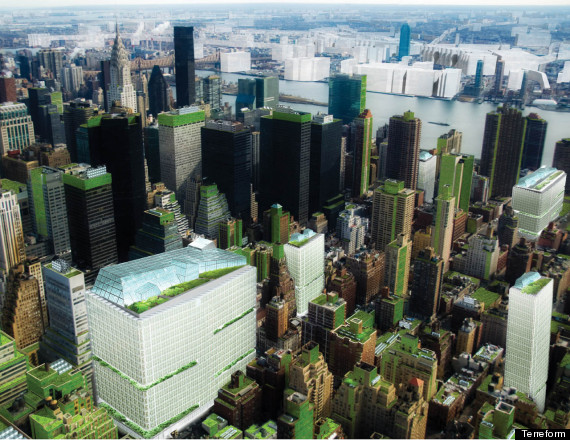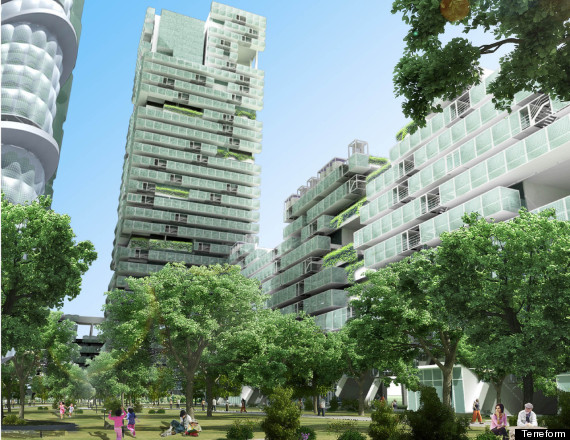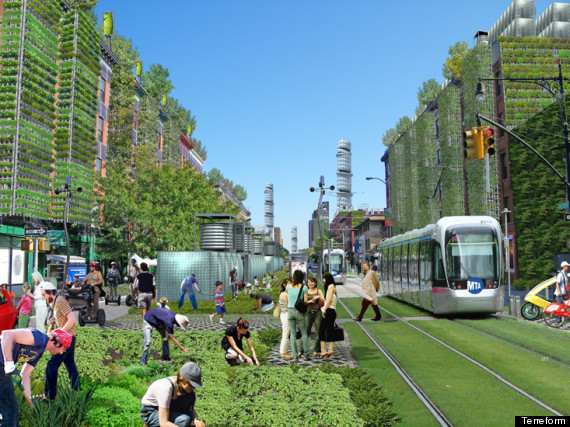
On Wednesday, New York City became the first city in the world to report its progress on the United Nations Sustainable Development Goals (SDGs). In 2015, 193 countries agreed to 17 Sustainable Development Goals created by the UN; the SDGs are broad sustainability goals that encompass topics like environmental justice, poverty, and inequality and successful completion means meeting 169 targets by 2030. NYC’s voluntary review describes their progress on the five of the SDGs that were emphasized this year: clean water and sanitation; affordable and clean energy; sustainable cities and communities; responsible consumption and production; and protecting land. NYC’s voluntary report is an attempt to lead other U.S. cities in environmental efforts, partly since the federal government and current president refuse to recognize the urgency of the global environmental crisis.

The report details several initiatives to reduce NYC’s contribution to climate change and to abate environmental damage caused by climate change. One community environmental justice initiative is a $1.5 billion program by the Department of Environmental Protection to construct sewers and reduce flooding in especially vulnerable parts of Queens. Another is the city’s partnership with WEACT, an environmental justice group based out of Harlem, in order to increase implementation of solar energy technology city-wide and incorporate solar use in New York City Housing Authority (NYCHA) public housing. As far as NYC’s progress on environmental goals, the city has reduced its greenhouse gas emissions by 15% since 2005.

Another aspect of sustainability is social justice; NYC is implementing programs designed to increase the equality of access to cultural experiences in the city. The Social Impacts of the Arts Project (SIAP) conducted a study which found that cultural assets are distributed unevenly among residents of NYC. In 2015, the rate of cultural experiences in underserved neighborhoods was 1.7 per household per year, but in 2016 it dropped to 1.2 experiences per household per year. The city has designated $15 million towards efforts to increase cultural assets and participation in underserved communities.

NYC Commissioner of International Affairs, Penny Abeywardena, says that meeting the SDGs and tracking progress towards them requires “not only allocating new resources. It’s about re-allocating existing resources.” So the city has recruited over 70 public agencies in order to “identify gaps and analyze trends” and trained over 3,200 existing city workers in renewable energy and other topics related to sustainable development.

Community-level action is exactly what we need to do now in order to make impactful environmental progress in the future; hopefully other cities will follow in NYC’s footsteps, despite apathy from those that should be leading climate action in the Federal Government.
Javorsky, Nicole. “New York Becomes the First City to Report on the UN’s Sustainable Development Goals.” CityLab, 13 July 2018, www.citylab.com/environment/2018/07/why-new-york-city-is-reporting-its-sustainability-progress-to-the-un/564953/.
CATEGORIES: Climate Action Plan Community Sustainability Energy Food Health and Safety Natural Features and Landscaping sustainable development Transportation Uncategorized Waste Reduction Water
